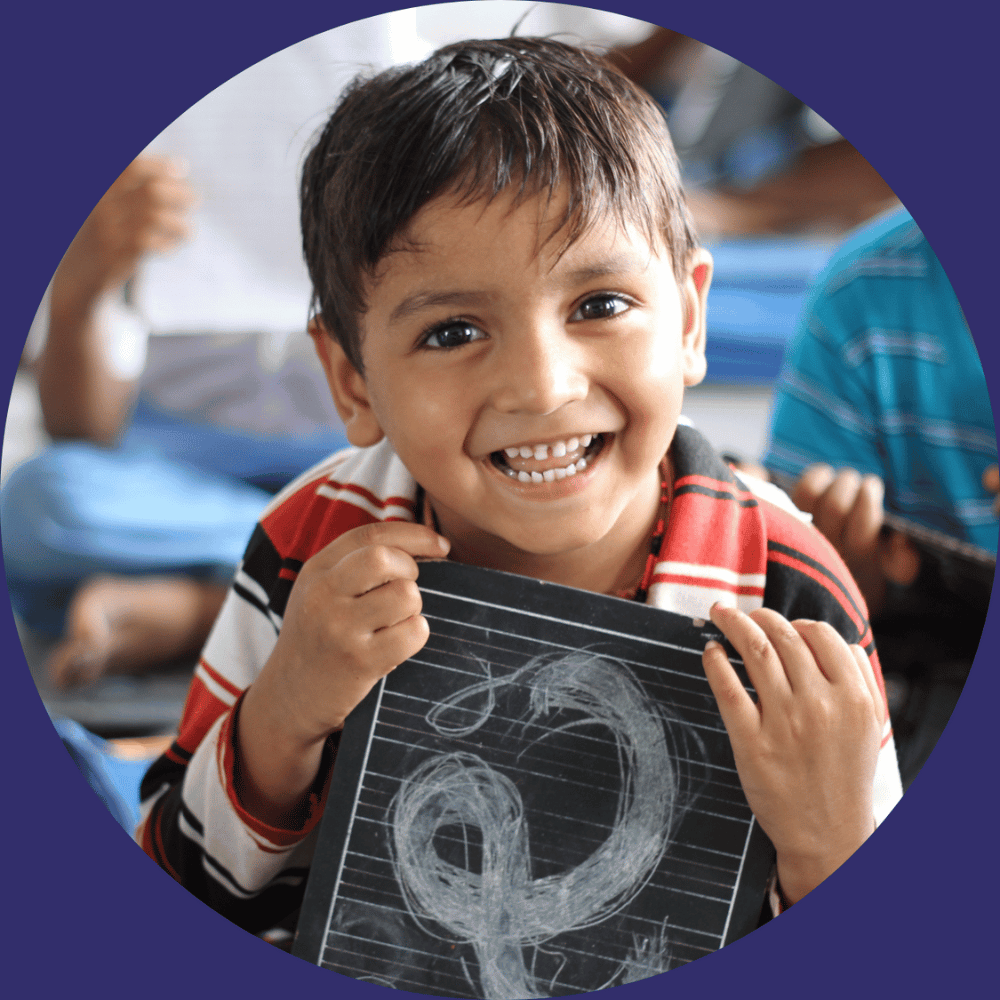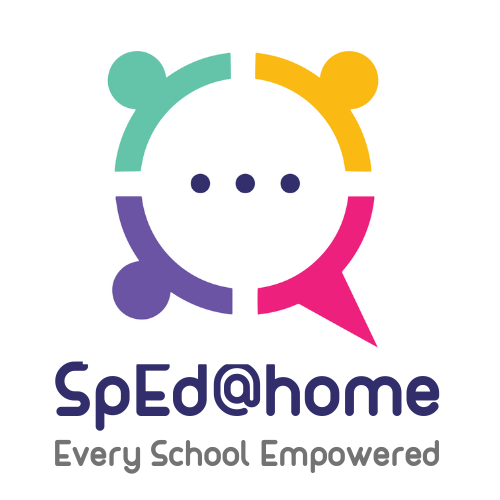Have you ever encountered a child with difficulty in talking, reading, remembering or perhaps even learning new words? These can be signs and symptoms of Dyslexia.
Dyslexia in children or even in adults has been taboo, landing persons with Dyslexia in a place of discomfort and low self-esteem. It is important to understand that, Dyslexia is a neurological issue and not a character flaw.
Seeing your child grapple with Dyslexia can be heartbreaking. Parents walk miles advocating about their child’s conditions only to experience cold shoulders. Compassion is what they need, and a kind gesture from acquaintances can make a difference to them. Before understanding anything about parenting children with Dyslexia, it is important to understand what it is like being in the shoes of a child dealing with Dyslexia.
They have to work twice as hard as to stay in line with their peers
For kids dealing with Dyslexia; even simple tasks like reading, writing, and spelling can seem like a rope walk. Completing their homework can take twice as much time as it would a child without the issue. Parents have to constantly keep their child motivated and help them look at the brighter side.
They often feel different or sometimes inferior to their peers
Peer pressure is unavoidable. Even as they attempt to constantly keep up with the pace of their friends and peers, they often feel isolated. The constant realization of not doing things as per set standards and pace often weighs them down.
They experience self-doubt and low self-esteem
Can you imagine the feeling of not keeping up or being different from your peers? The emotional trauma that comes with disability is challenging. Parents can continuously uplift their children and motivate and help them do better.
They often also deal with teachers who have not trained to work with Dyslexia
Dealing with teachers who have no knowledge of Dyslexia can be frustrating for the child. When teachers don’t understand or acknowledge the child’s learning pace, education can be frustrating. Parents can talk to the teachers and educate them about their child’s situation. Parents and teachers working together can make a remarkable difference to ease difficulties of a child with Dyslexia.
They look to confide in someone for support
Every human being needs support. For children with Dyslexia, it can be a parent or a friend; a teacher or even a counselor. This will help them vent out their feelings, and feel heard and understood. Lastly, They eventually grow up to be brave and compassionate.
Overcoming their shortcomings and difficulties enables them to walk an extra mile to get things done in life. They eventually learn to put their best foot forward without having any fear of judgement or not keeping up. Self-acceptance also teaches compassion, not only towards the specially-abled but also towards people who don’t understand or care for their situation.
Dyslexia does not define your child.













